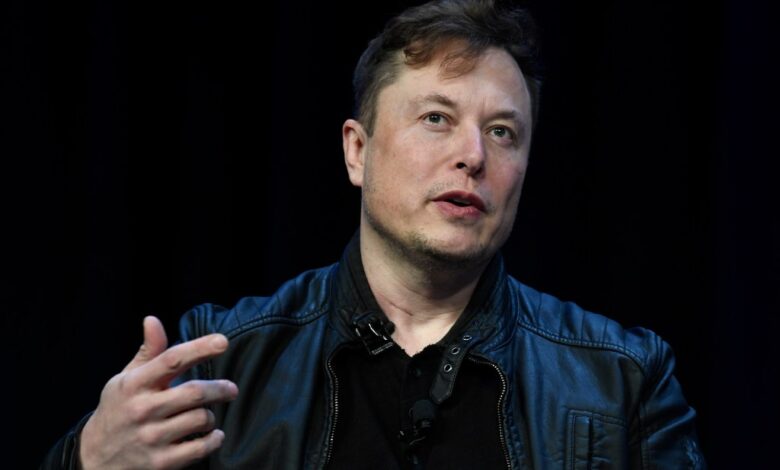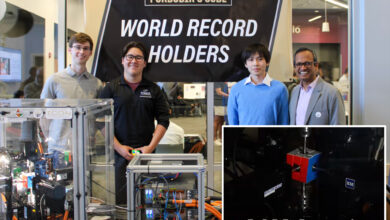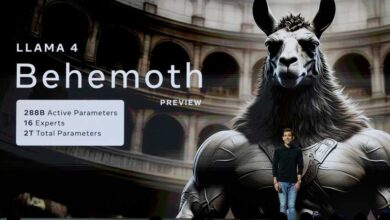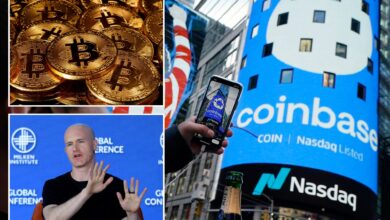Elon Musk’s favorite job interview question is a secret method to catch liars

You’ll get the “X” if you fail this job interview question.
Elon Musk, Space X founder and Tesla CEO revealed his favorite, time-tested job interview question that catches liars.
During the 2017 World Government Summit, Musk admitted he asks all job applicants, “Tell me about some of the most difficult problems you worked on and how you solved them.”
Musks believes the question can eliminate dishonest candidates, which is proven by “Asymmetric Information Management (AIM).” The AIM approach “enhances verbal lie-detection by encouraging truth-tellers (but not liars) to be forthcoming with information,” explains Applied Cognitive Psychology.
There are several ways to spot a liar, according to a study published in the Journal of Applied Research in Memory and Cognition in December 2020.
If an applicant answers Musk’s question with a detailed response, they’re likelier to tell the truth, unlike someone who gives a vague answer.
“Small details are the lifeblood of forensic investigations and can provide investigators with facts to check and witnesses to question,” Cody Porter, one of the study’s authors, wrote.
Liars will provide little to no detail to “conceal their guilt,” which could be perceived as strategically withholding information when the AIM method is introduced.
“Their assumption here is that providing more information will make it easier for the investigator to detect their lie, so instead, they provide less information,” Ported added.

Although Musk uses the AIM method to cut down applicants, he seeks employees who embody “evidence of exceptional ability.”
To ensure they match up with their resume, Musk conducts interviews that allows him to detect if the candidate is really who they say they are.
“If there’s a track record of exceptional achievement, then it’s likely that that will continue into the future,” Porter said.




